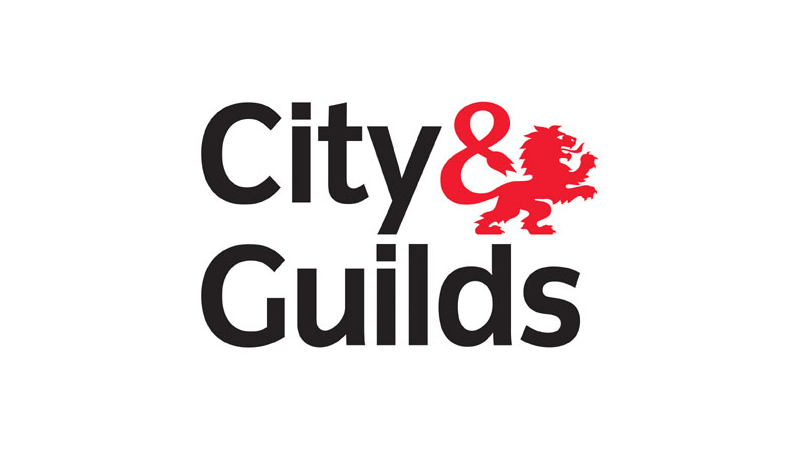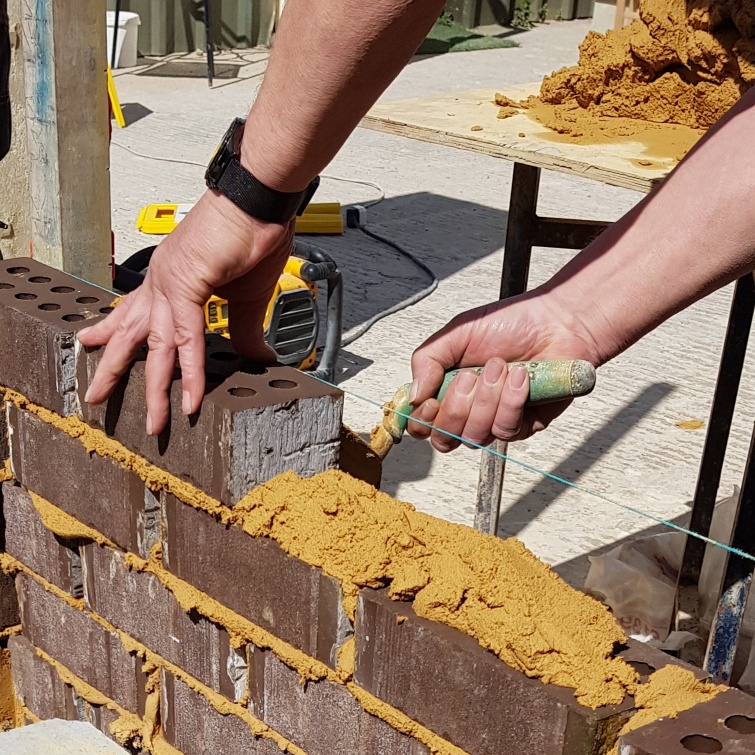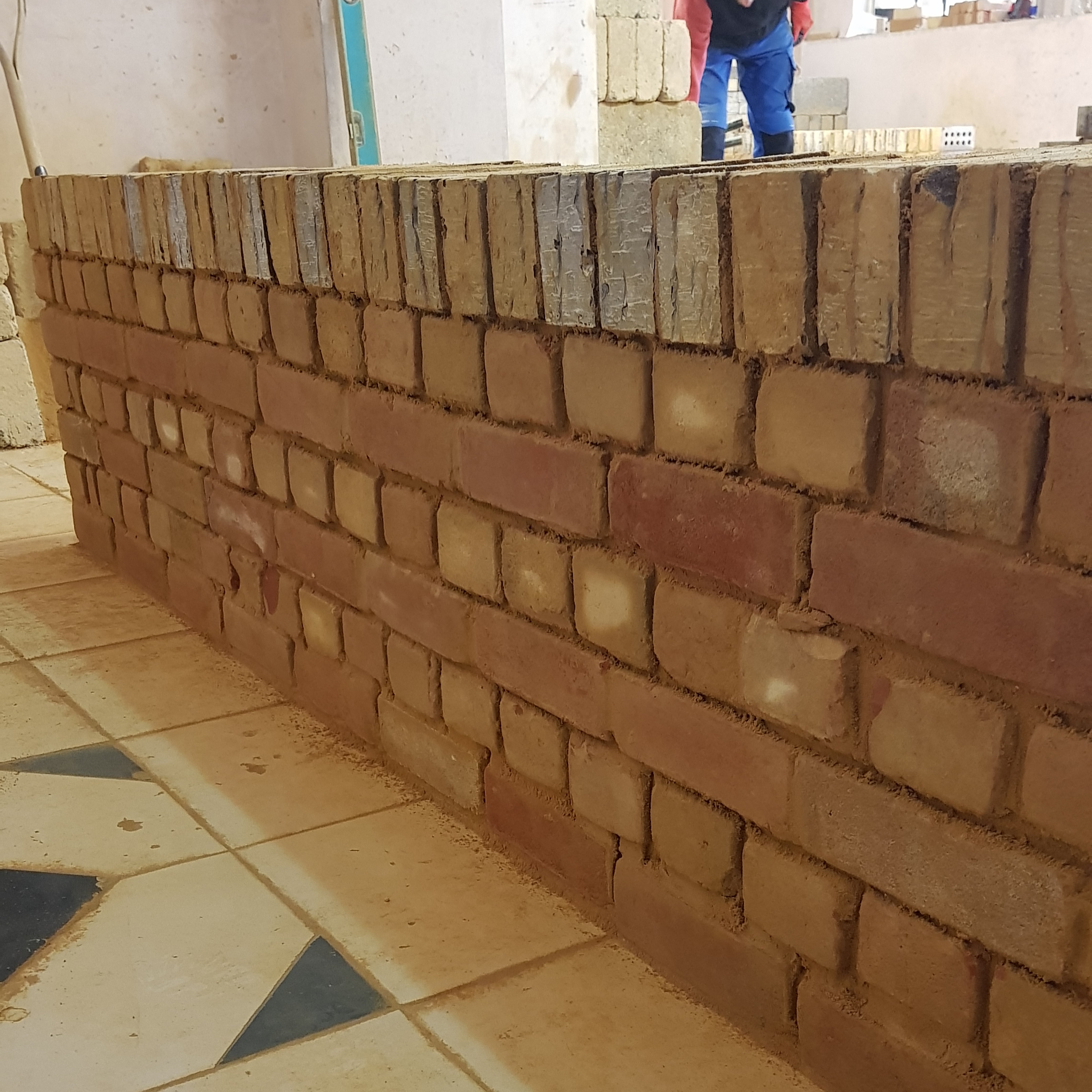Bricklaying Courses
Goldtrowel are celebrating our 20th year of bricklaying courses, we offer a variety of bricklaying courses to suit all needs. The two main options below are 'Professional' and 'Short'. Our short courses are affordable and range from 1 to 15 days, these are specifically designed for home owners wishing to learn basic bricklaying skills, also suitable for other trades who want to extend their construction skills in bricklaying. Our professional bricklaying course options range from 4 to 8 weeks and are for those who want to change career and become a full time working skilled bricklayer.
Thing to consider when choosing your course
Courses near you - Local courses will be cheaper to attend due to travel and accommodation, Goldtrowel are passionate about your end ability and future work prospects.
How long does it take to learn Bricklaying? - Learning to be a bricklayer varies depending on what your training purpose is, if your looking to become a working bricklayer and earn a decent wage then we know you will need a minimum of 6 weeks training before starting your NVQ in Trowel Occupations.
Do I need to be Qualified to work as a Bricklayer? - Strange as it sounds there is no legal requirement to work as a bricklayer in the UK, however you are far less likely to get work without qualifications, customers are attracted and feel more confident employing qualified bricklayers, UK building sites cannot let you work on there sites without an NVQ, you need a full NVQ Level 2 in Trowel Occupations (Bricklayer), this is for insurance purposes more than anything.
Unfortunately many training companies and colleges only teach and train Diploma qualifications, these are good but will not enable you to get your CSCS card.
What do I need to learn during a training course? - Bricklaying has many disciplines such as walling, extensions, heritage work, decorative, house building and many more... a good bricklayer should learn as many of these disciplines as possible resulting in earning more money!
Will the learning provider complete everything advertised - Unfortunately there are many providers around who don't complete what learners have paid for, commonly this comes towards the end of the course, these providers do not have the ability and staffing to assess or certificate learners qualifications, we have had numerous center's ask us to complete their learners qualifications when they have been rumbled by the learner (we obviously do not entertain this).
NVQ vs City & Guilds
 NVQ is a competence qualification, to achieve this you have to be assessed in real `live` work. There are 3 levels of NVQ in construction. Level 1 is very basic and generally something school leavers start with. Level 2 is a skilled worker, someone who knows what they are doing. Level 3 is the highest NVQ in Bricklaying, this level is generally for business owners who tend for contract work, others that require a level 3 are instructors / teachers and assessors.
NVQ is a competence qualification, to achieve this you have to be assessed in real `live` work. There are 3 levels of NVQ in construction. Level 1 is very basic and generally something school leavers start with. Level 2 is a skilled worker, someone who knows what they are doing. Level 3 is the highest NVQ in Bricklaying, this level is generally for business owners who tend for contract work, others that require a level 3 are instructors / teachers and assessors.
NVQ is the most desired qualification, it is recognized through out the world, including for emigration purposes. It tells employers and customers that you are qualified, and have been assessed doing `real` work. NVQ is also the only qualification that enables you to attain your Blue CSCS card.
 City & Guilds are an awarding body, they offer both, NVQ (competence) and their own (training) qualifications, unless the qualification says `NVQ` in the title then it will be a training qualification, training qualifications are the most common, and most colleges offer this, they will be either `Award`, `Certificate` or `Diploma`, whilst these are good qualifications, there are hundreds of them, all varying in duration and subject depth, many providers offer Plastering Diplomas, this qualification can be very good (dependent on level and duration) but they will not gain you the CSCS card, therefore stop you from working on building sites.
City & Guilds are an awarding body, they offer both, NVQ (competence) and their own (training) qualifications, unless the qualification says `NVQ` in the title then it will be a training qualification, training qualifications are the most common, and most colleges offer this, they will be either `Award`, `Certificate` or `Diploma`, whilst these are good qualifications, there are hundreds of them, all varying in duration and subject depth, many providers offer Plastering Diplomas, this qualification can be very good (dependent on level and duration) but they will not gain you the CSCS card, therefore stop you from working on building sites.
Visit our NVQ and City & Guilds info pages for full details
Please click on the link to read our past bricklaying course learners reviews, this will take you to Goldtrowels Google reviews which are the best course reviews to get an honest opinion, Goldtrowel welcome feedback, we listen to our learners ensuring maximum results.
Visit our Bricklaying Gallery where you can see past students training, most of which are now out there working enjoying life and proud of what they have achieved, remember 'Success is a journey not a destination'
Bricklaying - A Brief History
The earliest example of bricks used in the UK were in Coggleshall Abbey in Essex, bricks were used to build the Abbey in 1190, although the first `fired` bricks were made by the Romans in 3500 B.C.
After the Great Fire of London in 1666, London was significantly re-built with bricks opposed to timber for obvious reasons, during the mid 1880s manufacturing saw a big change in the way the bricks were made, this led to a real growth in brick built houses and the many types of bonds were used, it was at the turn of the century that the first cavity walls were introduced, although not commonly used until after the 2nd World War.

